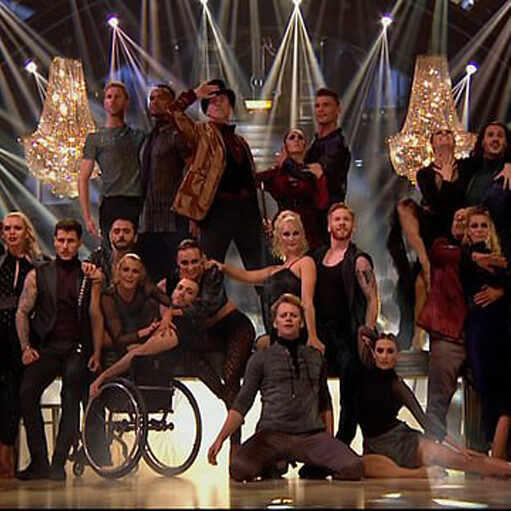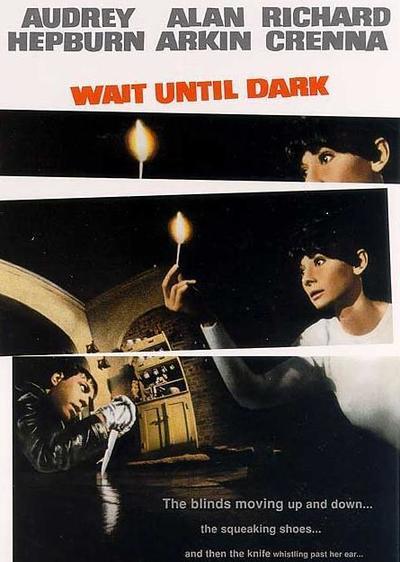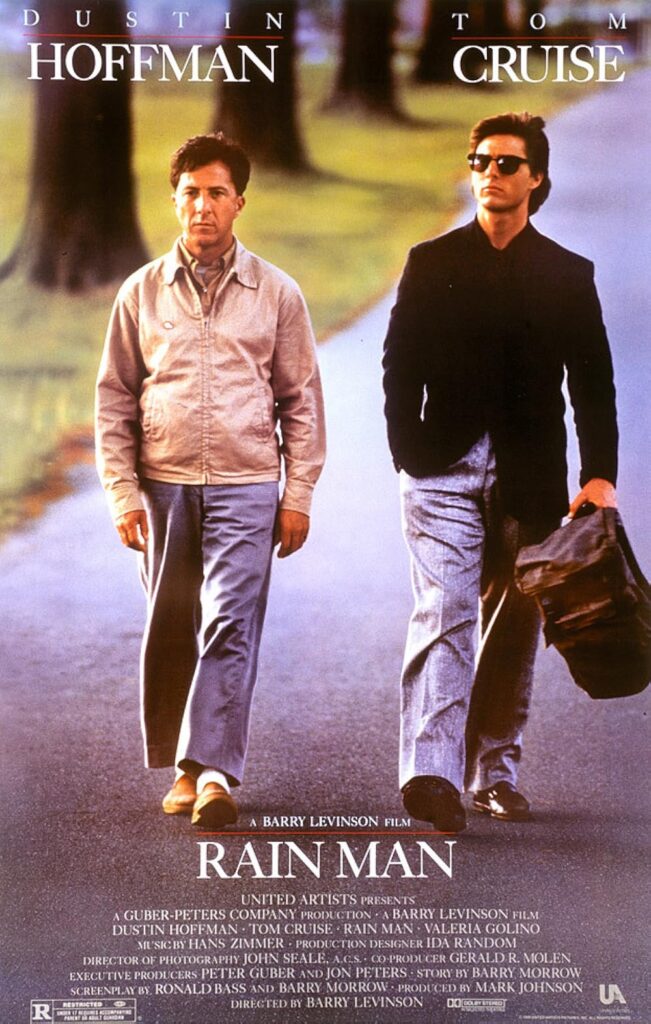Writing Disability

(Disclaimer: although not politically perfect, I’m going to use the familiarity of the term ‘disability’ rather than, say, ‘differently abled’ in this post.)
I’m gonna say, straight up, that I can’t tell you how to write about disability, primarily because everyone’s experience is different. But I might be able to give you some food for thought that could help you in this endeavour. I have familiarity with only two disabilities, neither of which are visible, and neither of which is fashionable in the media. So, I’m no expert, obviously. But still, I think this is something that should be discussed.
I am someone who cannot be considered in the first flush of youth. If I’m honest, I’m well past the frequent flushes of middle age as well. So, we can conclude I have a bit of history. I’m not mucking about, then, when I tell you that people in wheelchairs were almost never seen on TV when I was a kid. Nor were any other disabilities present. Except, of course, blind or deaf people, and they were mainly used as the punchline in (offensive) comedy sketches, or as the point of a horror movie (blind girl can’t see her attacker, oh no!).

What has happened since is what always happens with marginalised minorities – they made their voices heard. Films, dramas, and literature started describing life from their point of view. And, frankly, not a minute too soon. Now the pendulum finally got to swing the other way, and instead of being left out, their experience became the central theme.
This was all well and good, but it took decades before the pendulum settled, and disabled characters just started cropping up in things simply because they are part of normal, human society, not because they had a plot-point to prove. You’ll notice the same thing happened with people of different races, or different religions. Anything that is not the average person’s experience took a while to filter through. Sad, but true.
When I was a kid, the ridiculous ethos was this – disabled people can’t do the same as the rest of us. I mean, what utter nonsense. Now the ethos is this – disabled people can do anything that the rest of us can. And this is true, obviously. But what may be missing from that statement is this: they often have to do it differently. Their challenge is to achieve whatever they want to (just as it is for us). But if we think the route they take is the same as ours, then I suggest we may be mistaken.
Have a think about TV shows like Strictly Come Dancing and Dancing On Ice. Both these shows have featured wonderful people with vastly different types of disability. But prosthetic legs, for example, mean they can’t alter the pressure of the foot, that their centre of balance is different, that their limbs may be different weights which affects their ability to spin, and a whole host of other things. WHAT they achieve may look the same, but HOW they achieve that is a whole set of challenges that you and I have never faced.
And that is one of the things that seem to be missing from how disability is presented to us in the media these days. Unless it is the theme of the piece, they are treated as if their disability is of no more distinction than how they choose to style their hair. Are we expected to imagine that every London Street (and yes, I’m thinking of you, Albert Square) is a doddle to navigate in a wheelchair?
I not stupid enough to think I speak for any other disabled person than myself. But even my own, small, experience has me questioning how much I may be missing about someone else’s. And, as writers, isn’t that a concern for us? Shouldn’t we, at least, be giving voice to things that give our world it’s humanity?
Add to this the fact that only some disabilities are commonly represented. The more visible ones. Or the interesting ones. Or however the media-moguls like to categorise them. This may not seem like much of a problem, but I wonder if it’s a fair and honest representation of the world we live in.


Consider this: I have had experience of depression (quite severe, occurred after the birth of a baby, and lasted 25 crippling and sometimes suicidal years due to my hormones having gone batshit) and the health problems it caused (have had Chronic Fatigue Syndrome – CFS – for over 30 years now).
Here’s an example of how CFS is thought of. We lie in bed a lot, are too weak to do anything, and often need a wheelchair. Now, this can be true of a lot of people – I’m not suggesting otherwise. But it is far from the whole story.
Because CFS is about equations.
Before I had this, I would divide my day/week/month/whatever into allocated chunks. X-amount of time was spent at work, and Y-amount of time was split between the chores I had to do, and things I wanted to do. The equation was based solely on hours in the day. If I failed to achieve what I wanted to, it was because I was distracted, or had found a different priority, or was just plain lazy.
Now I have CFS it’s a whole different type of maths.
Each morning I wake as tired as I went to sleep. If not more so. The first question of the day is how many energy-chunks do I reckon I have? I will usually consider this whilst giving myself a power-up (a caffeinated drink). The power-up will get me out of bed (minimum power-up charging time is around 30 minutes) and last until I’m dressed. Then I’ll need a sit-down. Can’t use too many caffeine power-ups because they lose all effectiveness, plus they stop me sleeping.
Working from experience, I’ll figure out that maybe five energy chunks is my maximum for that day, so I’ll prioritise what to use them for. Two for cooking, one for washing up or making the bed (not both), one to get up town to post that letter I’ve been putting off for a week, leaving one for me to ‘spend ’on something else. Today’s reckless spend is this blog post.
Unexpected things will cause a power-drain. Rain. Cold weather. Both terrible power-drains. Having to go to more than one shop to get what I need. Spending too much time with negative people. Realising I must fill up my car with petrol or I won’t get home. Or worse, having to pump up the tyres – that’s a double power-drain, don’t know why, just is. And having a nightmare – colossal power-shortage, instantly.
But, on the upside, I can get unexpected power-ups too. Anything that makes me laugh – big extra energy chunk, sometimes two. A kind but sincere note from someone I haven’t heard from in a while. Finding exactly what I was looking for in a charity shop. The last chapter of a wonderful book. Hearing a song I’d forgotten I loved, and dancing in the shop where it’s playing. Achieving something I’ve been working on for a while. All power-ups for me.
What I’m getting at is this: I may seem, on the surface, the same as anyone else. My disability is invisible to everyone except those who know me well. But underneath, the approach I’m taking, and the equations I’m having to live by, are different to yours. I know, without a shadow of doubt, that living in my world means employing levels of acceptance, positivity and courage that I never had need of before. Ergo, I am a stronger person now than ever I was.
And this is just one example, of one person’s experience, of one illness. Disability comes in many colours. It’s a mistake to think we know what’s going on beneath the surface unless we’re very familiar with being around it, or have done the research. Would my strength be shown in films where the character is draped in bed, too weak to get up? Hardly.
FYI, I’m not expecting any character with CFS to pop up in any film or book, in the near future. Frankly, it has almost zero plot-value. I get that. But as we move towards more exclusivity in our work, as well as in our world, I think it’s worth keeping in mind that real representation isn’t just about sticking someone in a wheelchair in the office scene of your new screenplay.
Let’s dig a bit deeper, ok?
Bev Dalton's Colony name is Vagabond Heart – if you’re not yet a member, join now.
Share this post
Get Our Weekly Digest
First thing every Saturday morning, you’ll receive a short digest of the week’s blog posts from Litopia’s team of writers… entertaining, thought-provoking, witty, diverse and often mind-expanding.
Start your weekend in style…sign up below!
You can unsubscribe whenever you want… but you won’t want to!